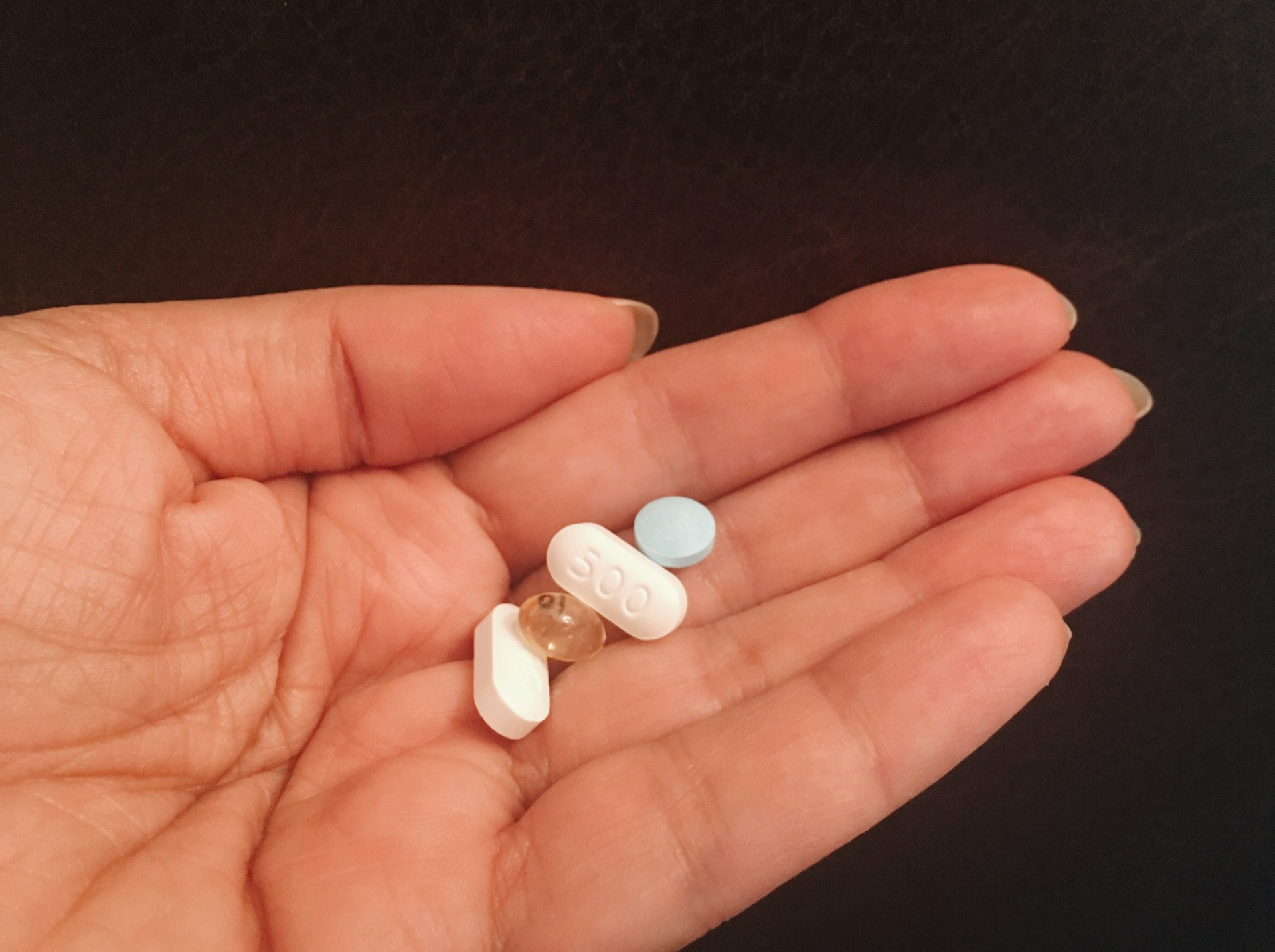Health
Unlocking the Parkinson’s Puzzle: Vital Vitamin Links Revealed

Parkinson’s disease, a neurodegenerative disorder whose precise origins continue to elude the scientific community, may have a new suspect in its etiology: vitamin deficiencies. While physicians and scientists have long hypothesized that an interplay between genetic and environmental factors contributes to the disease’s onset, new findings suggest a possible role for the absence of certain vitamins.
A recent study undertaken in May 2024, published in the Parkinson’s Disease journal, endeavored to uncover “gut microbial features” prevalent in individuals diagnosed with Parkinson’s disease. The research involved a meta-analysis of fecal matter from a group of 94 diagnosed Parkinson’s patients, juxtaposed with 73 healthy individuals hailing from Japan. The data from this study was compared with earlier studies carried out in the U.S., Germany, China, and Taiwan.
The study’s findings were illuminating. It appears that those suffering from Parkinson’s disease were lacking in bacterial genes, which may cause a deficiency in two B vitamins, namely riboflavin (B2) and biotin (B7). The researchers stated: “Pathway analysis showed that genes in the biosyntheses of riboflavin and biotin were markedly decreased in Parkinson’s disease after adjusting for confounding factors.”
Riboflavin, known as B2 vitamin, is a component of the B-complex vitamins and is commonly found in a variety of food items including meats, fortified grains, and nuts, as confirmed by the Cleveland Clinic. “Riboflavin is an essential micronutrient that helps cells develop and work well,” says registered dietitian Kayla Kopp, RD. “Healthy bacteria in your gut microbiome make small amounts of riboflavin. But your body needs more to function. That’s why it’s important to get enough of this B vitamin in your diet every day.”
Significantly, the study also highlighted how riboflavin has been shown to improve conditions such as “oxidative stress, mitochondrial dysfunction, neuroinflammation, and glutamate excitotoxicity,” all of which are associated with Parkinson’s disease onset.
Biotin, or B7, is another B-complex vitamin that supports vital bodily functions. It is found in foods like meat, eggs, fish, seeds, nuts, and certain vegetables. The study notes that biotin produces anti-inflammatory substances and has the ability to decrease inflammation, providing relief from symptomatic allergies, immunological symptoms, and inflammatory bowel disease.
Given the implications of these vitamin deficiencies on health, the researchers suggest that introducing vitamin B supplements might be beneficial to Parkinson’s patients. In their words, “Supplementation of riboflavin and/or biotin is likely to be beneficial in a subset of Parkinson’s disease patients, in which gut dysbiosis plays pivotal roles.”
Nonetheless, it is critical to exercise caution before hastily adopting the study’s conclusions. “I think these data are much too premature to warrant therapeutic interventions,” warns Tim Sampson, PhD, assistant professor in the department of Cell Biology at Emory University School of Medicine. He emphasizes that these findings just widen the understanding of how the gut microbiome might be contributing to Parkinson’s disease.
Let us know what you think, please share your thoughts in the comments below.
